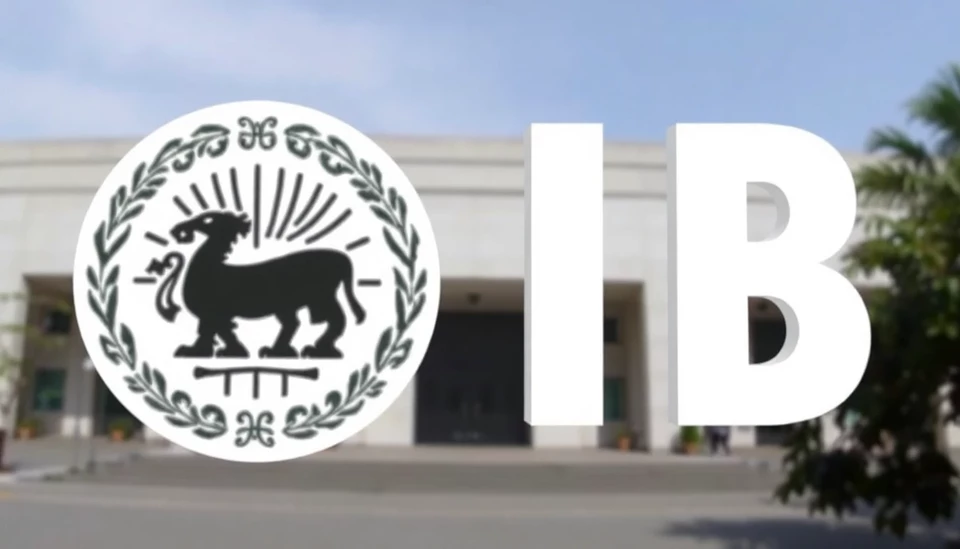
The International Monetary Fund (IMF) is set to continue its discussions with the Bangladesh government regarding a critical staff-level agreement aimed at bolstering the nation’s fiscal stability and economic growth. This important dialogue comes at a time when Bangladesh is grappling with a myriad of economic challenges, including inflation and declining foreign reserves.
According to sources familiar with the matter, the IMF's ongoing engagement reflects the urgency of addressing these economic concerns while ensuring sustainable growth strategies for the nation. The discussions will focus on structural reforms, revenue generation, and the management of public finances, which are pivotal for Bangladesh's financial health.
Bangladesh has experienced several economic turbulence episodes in recent years, prompting the need for international assistance. The government has expressed its commitment to implementing necessary reforms to stabilize the economy and restore investor confidence.
In light of these discussions, the Bangladeshi authorities are optimistic about receiving a package that could aid in mitigating the impacts of external economic pressures. While exact figures remain undisclosed, a successful agreement with the IMF could unlock further financial support from other international financial institutions, ultimately benefiting the country’s economy.
As talks proceed, stakeholders in Bangladesh are closely monitoring the developments, recognizing the potential implications for the nation’s fiscal policies and overall economic landscape. The discussions with the IMF are viewed as a critical step towards achieving long-term stability and resilience.
In conclusion, continued collaboration with the IMF is a strategic move for Bangladesh as it navigates through intricate challenges and aims for robust economic growth. The outcome of these discussions will be crucial in shaping the future direction of the nation’s economic policies.
#Bangladesh #IMF #EconomicStability #FinancialReforms #InternationalRelations #Inflation #DebtManagement
Author: Laura Mitchell



